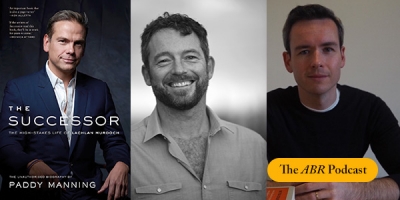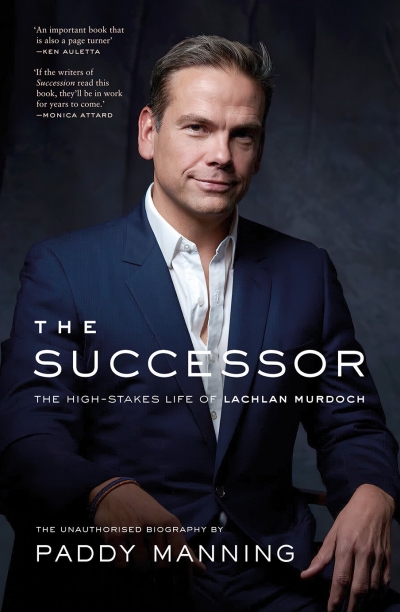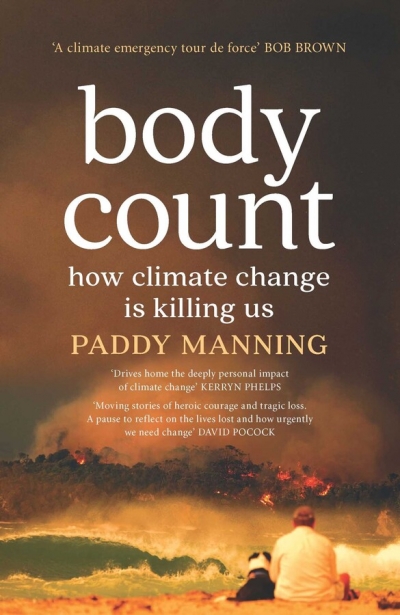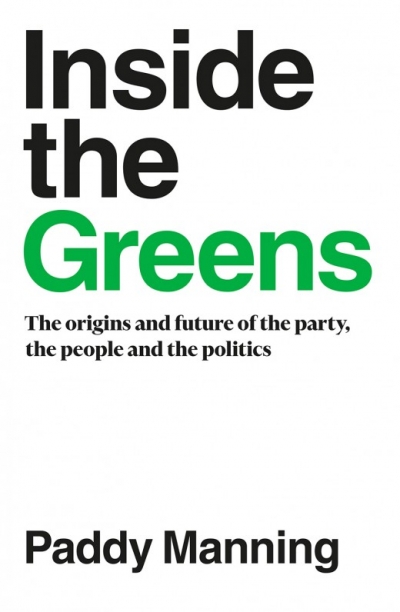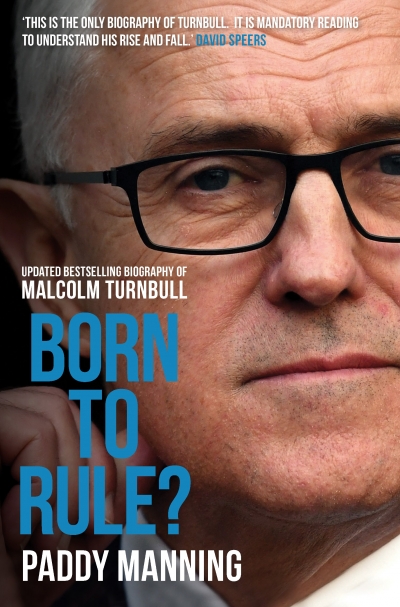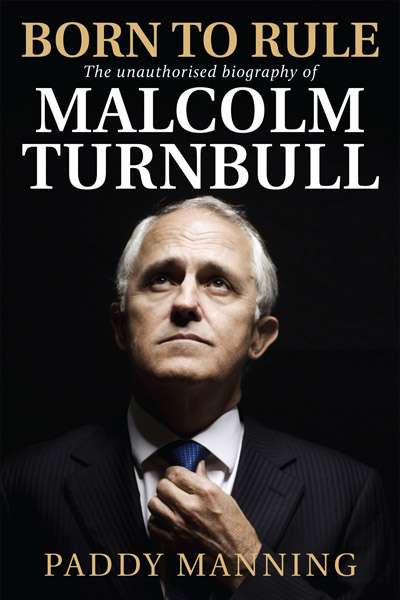Paddy Manning
Film | Theatre | Art | Opera | Music | Television | Festivals
Welcome to ABR Arts, home to some of Australia's best arts journalism. We review film, theatre, opera, music, television, art exhibitions – and more. To read ABR Arts articles in full, subscribe to ABR or take out an ABR Arts subscription. Both packages give full access to our arts reviews the moment they are published online and to our extensive arts archive.
Meanwhile, the ABR Arts e-newsletter, published every second Tuesday, will keep you up-to-date as to our recent arts reviews.
Recent reviews
Lachlan Murdoch will almost certainly be the next head of News Corp, one of the world’s largest media companies and the dominant force in Australia’s media landscape. In this week’s ABR Podcast, Patrick Mullins, visiting fellow at the ANU’s National Centre of Biography, reviews a new biography of Lachlan Murdoch by Paddy Manning, titled The Successor: The high-stakes life of Lachlan Murdoch. Listen to Mullins read ‘Dual Focus’, which appears in the December issue of ABR.
... (read more)
